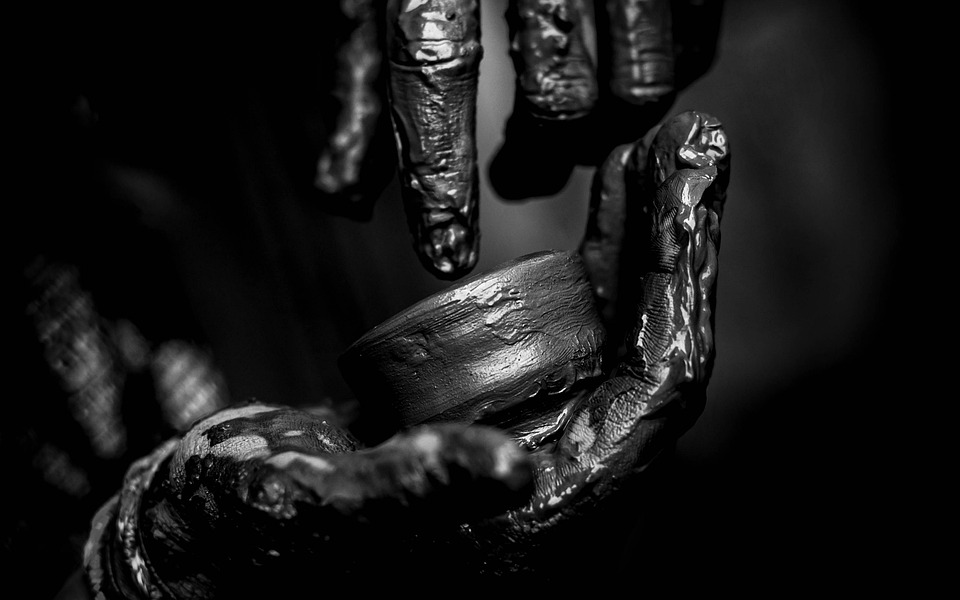How Technology is Changing our Interactions
The Rise of Social Media
One of the most significant ways that technology is changing our interactions is through the rise of social media platforms. Sites like Facebook, Twitter, Instagram, and Snapchat have revolutionized the way we communicate with one another. Instead of relying on face-to-face interactions or phone calls, we can now stay connected with friends and family members through a few taps on our smartphones.
However, while social media has made it easier to stay in touch with others, it has also changed the nature of our interactions. People often curate their online personas, presenting a polished version of themselves to the world. This can lead to feelings of inadequacy or jealousy as we compare ourselves to others’ seemingly perfect lives.
Impact on Relationships
Technology has also had a significant impact on our relationships. With the rise of dating apps like Tinder and Bumble, people can now easily connect with potential partners without ever having to leave their homes. While this can be convenient, it has also led to a shift in the way we approach dating.
Additionally, the constant connectivity that technology provides can sometimes interfere with our ability to truly connect with one another. Instead of focusing on the person in front of us, we may be distracted by notifications on our smartphones or the allure of scrolling through social media feeds.
Changing Communication Patterns
Technology has also changed the way we communicate with one another. While email and texting have made it easier to stay in touch, they have also made it easier to misinterpret messages. Without the benefit of tone of voice or body language, it can be challenging to accurately convey our emotions through text alone.
Furthermore, the rise of emojis and other forms of digital communication has led to a shift in the way we express ourselves. While emojis can add nuance and emotion to our messages, they can also sometimes be used as a substitute for genuine human connection.
Implications for Mental Health
The impact of technology on our interactions is not just limited to our relationships – it can also have implications for our mental health. Studies have shown that excessive use of social media can lead to feelings of loneliness, depression, and anxiety. Constant connectivity can also contribute to a constant state of distraction, making it difficult to fully engage with the world around us.
However, technology is not all bad when it comes to mental health. There are now numerous apps and online resources available to help support those struggling with mental health issues. From mindfulness meditation apps to online therapy services, technology has the potential to provide much-needed support to those in need.
Looking to the Future
As technology continues to evolve, so too will our interactions with one another. Virtual reality and augmented reality are poised to revolutionize the way we communicate, offering new ways to connect with others in immersive and innovative ways.
Additionally, advances in artificial intelligence and machine learning may soon lead to virtual assistants that can anticipate our needs and preferences, further blurring the lines between human and machine interaction. While these advancements hold exciting possibilities, they also raise important questions about privacy, ethics, and the future of human connection.
In conclusion, technology is changing the way we interact with one another in both positive and negative ways. While social media and dating apps have made it easier to connect with others, they have also changed the nature of our relationships and communication patterns. It is crucial that we remain mindful of the ways in which technology affects our interactions and strive to use it in ways that enhance, rather than diminish, our connections with others.
